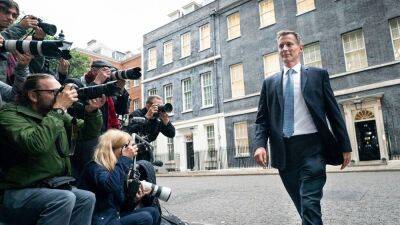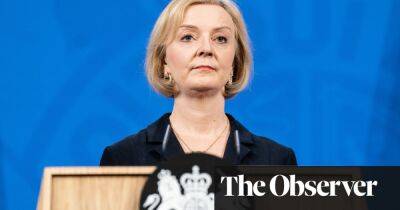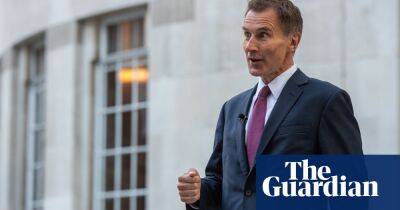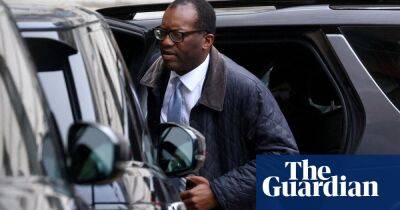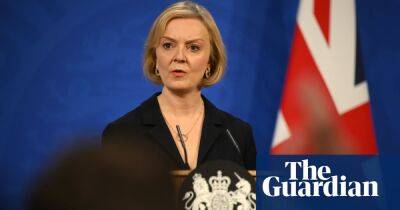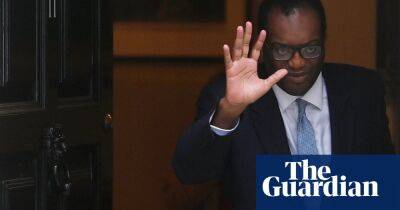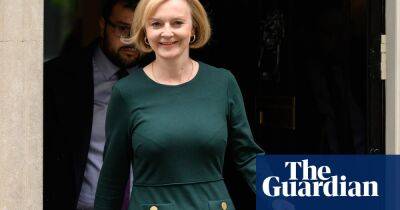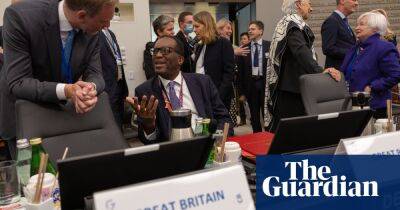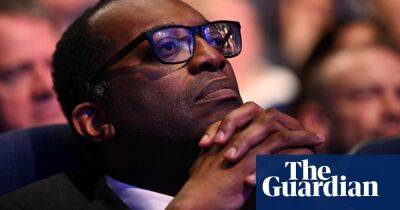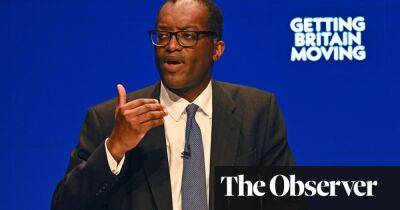Kwasi Kwarteng: how ex-chancellor’s fate was sealed by IMF orthodoxy he fought against
As the guests sipped English sparkling wine at the British embassy on Washington DC’s Massachusetts Avenue, the journalists in attendance were herded together for an impromptu briefing at the nearby temporary residence of the UK ambassador Dame Karen Pearce.
The briefing was short and to the point: Kwasi Kwarteng was cutting short his planned trip to the annual meeting of the International Monetary Fund and flying home to London.
None of the assembled hacks believed for a minute the official explanation for the chancellor’s hasty departure, that he wanted to engage with colleagues about his planned fiscal statement due at the end of the month. The assumption – correct as it turned out – was that Kwarteng was flying home to be sacked. The decision was so sudden that IMF officials were left in the dark about it.
In a way, it was appropriate that Kwarteng’s last full day in the job should have been in Washington, because the IMF is the ultimate bastion of the economic orthodoxy the Truss government has been battling against for the past six weeks. Kwarteng’s epitaph as chancellor might well be: I fought the orthodoxy and the orthodoxy won.
The IMF’s unhappiness with the UK first surfaced two weeks before the annual meetings in Washington, when it put out a statement in the wake of September’s tax-cutting mini budget saying the measures were likely to “increase inequality”, and it did not approve of large and unfunded stimulus packages when inflation was so high.
This week, the IMF turned the screw. Tuesday, the day before Kwarteng’s arrival, saw the release of the Fund’s two flagship publications: the world economic outlook and the global financial stability review. Both were critical of the UK, pointing out that the Treasury
Read more on theguardian.com

